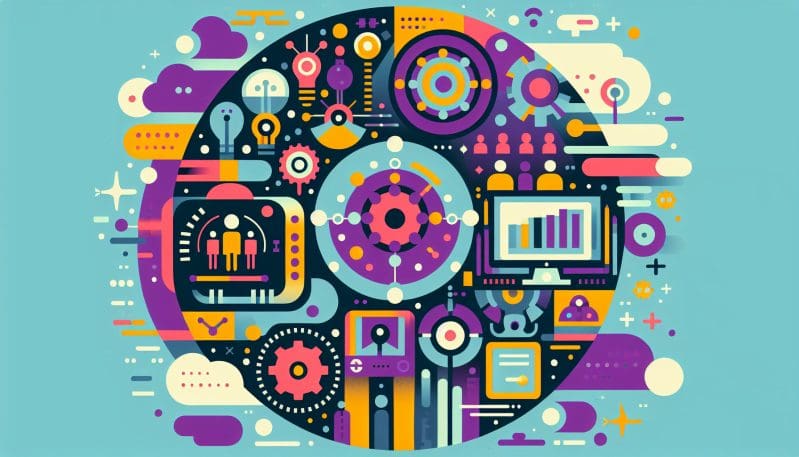The Gig Economy and the Future of Professional Identity: What Will Jobs Look Like for the Next Generation?
- Home
- The Gig Economy and the Future of Professional Identity: What Will Jobs Look Like for the Next Generation?
- Editors Desk
- January 25, 2024
- 0 Comments
As the sun rises over the skyline of New York City, the workforce that energizes its streets is undergoing a transformation—one that is rewriting the script of what it means to ‘go to work’. Welcome to the era of the gig economy, a seismic shift in employment patterns that is reshaping the future of professional identity and the definition of a job itself.
The gig economy, marked by flexible, on-demand work opportunities, stands at the juncture of freedom and uncertainty. For many, it represents a departure from the traditional 9-to-5 grind, offering autonomy and the ability to craft a unique career path free from the constraints of conventional employment. Yet, it also confronts workers with a new set of challenges, including job stability, career progression, and personal fulfillment.
As we navigate the intricacies of this emergent labor landscape, we witness the splintering of traditional job roles. A mosaic of freelancers, independent contractors, and part-time workers now contribute to what was once the domain of full-time employees. For New York’s diverse workforce, this metamorphosis is not just about the modality of work; it’s about the core of professional identity. Who are we, if not our job titles and the companies we serve?
The gig economy beckons a profound introspection into career trajectories. As fleeting gigs replace lasting positions, the very concept of a ‘career ladder’ is becoming archaic. Professionals are now curating a portfolio of experiences, a collage of skill sets that promise agility in an ever-evolving job market. But is there a trade-off between this flexibility and the stability that traditional employment once offered?
Job stability, once the hallmark of a successful career, is now elusive. The gig economy’s inherent impermanence prompts a reevaluation of what it means to have job security. The next generation of workers will likely find themselves in a continuous state of professional flux, with the concept of a lifelong career at a single company becoming a relic of the past.
For career development, the gig economy is both a curse and a blessing. It empowers individuals to develop a breadth of competencies, but it also fragments the depth of expertise. With each short-term role, workers must rapidly adapt, often at the cost of long-term mastery. This shift demands that professionals become lifelong learners, constantly upgrading their skills to remain relevant.
Personal fulfillment, too, is being reshaped. The gig economy heralds an era of self-directed purpose, where workers have the latitude to seek out projects that resonate with their passions and values. Yet, it also engenders a sense of isolation, as the camaraderie and community once found in traditional workplaces dissipate in the digital ether.
The role of technology is paramount in facilitating this new economy. Platforms that connect gig workers with opportunities are the veins through which the lifeblood of gig work flows. These digital marketplaces are the engines of efficiency, but they also raise ethical questions about worker rights and protections.
Within New York’s competitive environment, sector-specific trends are emerging. The tech industry is a natural breeding ground for gig work, but sectors like healthcare, education, and even law are beginning to embrace this modality. Each brings its unique challenges and opportunities for workers seeking to navigate their professional landscape.
As ethical business leaders, we are called upon to adapt our hiring practices and workplace culture to accommodate this transient workforce. We must balance the drive for business agility with the imperative to maintain ethical standards and employee satisfaction. It is up to us to forge a new compact with workers—one that respects their autonomy while providing the support and security they need to thrive.
The gig economy is more than a buzzword; it’s a harbinger of a new era in the world of work. As we look to the horizon, we see a landscape ripe with potential and rife with uncertainty. It is our collective task to ensure that this new chapter in the story of work is written with care, ensuring that professional identity—and the dignity of labor—remain at its heart.
In conclusion, the professional identity of the next generation will be shaped by their ability to navigate the gig economy’s fluidity. The traditional job model is being replaced by a tapestry of experiences that demand adaptability, continuous learning, and a proactive approach to career development. For both workers and employers in New York and beyond, the future of work is here, and it’s ours to define.
Choose Layout
Main Color Scheme
- RTL Version
- LTR Version

